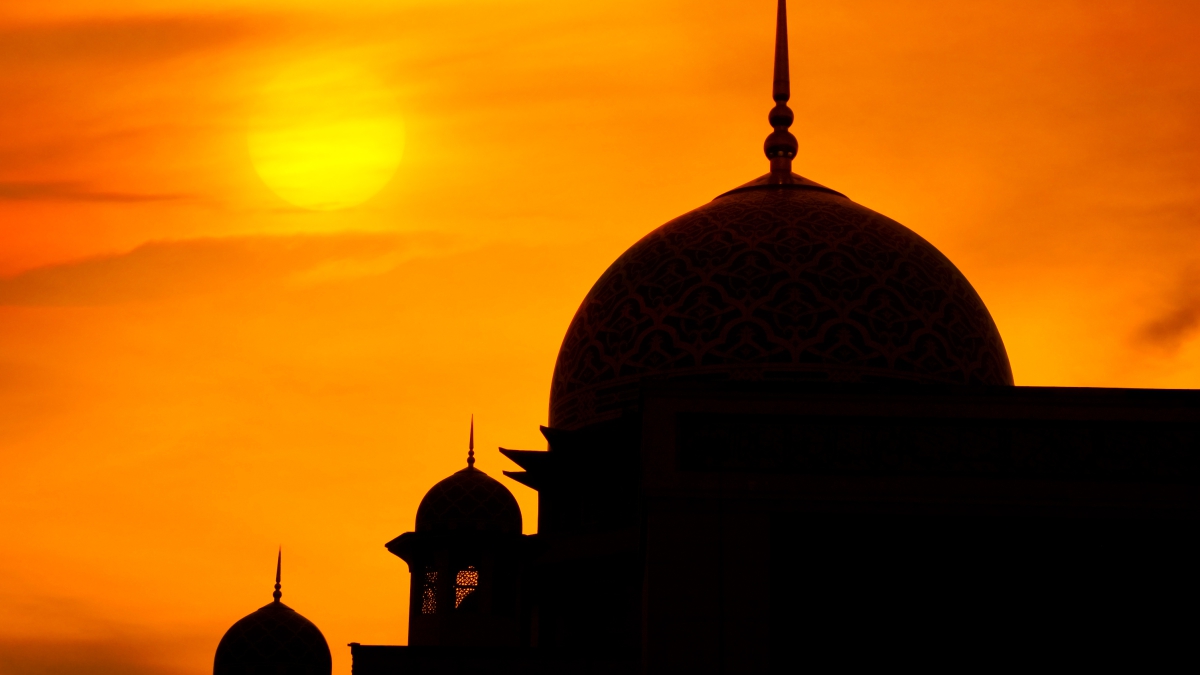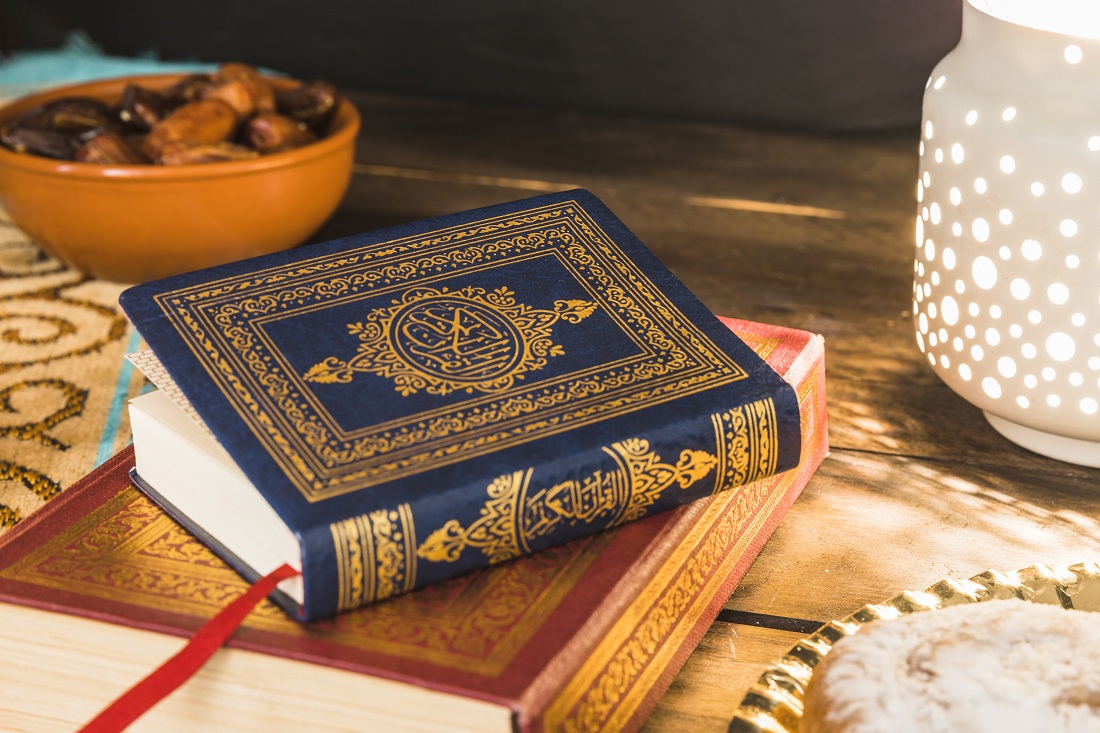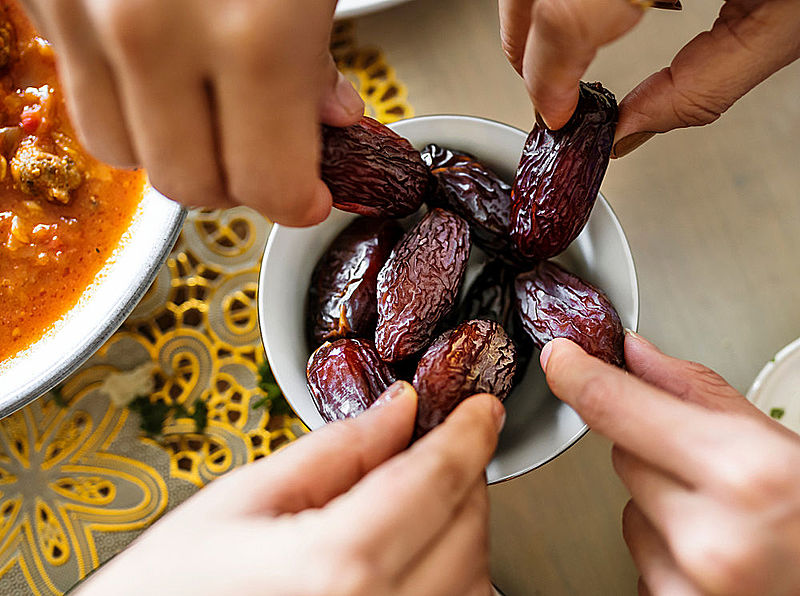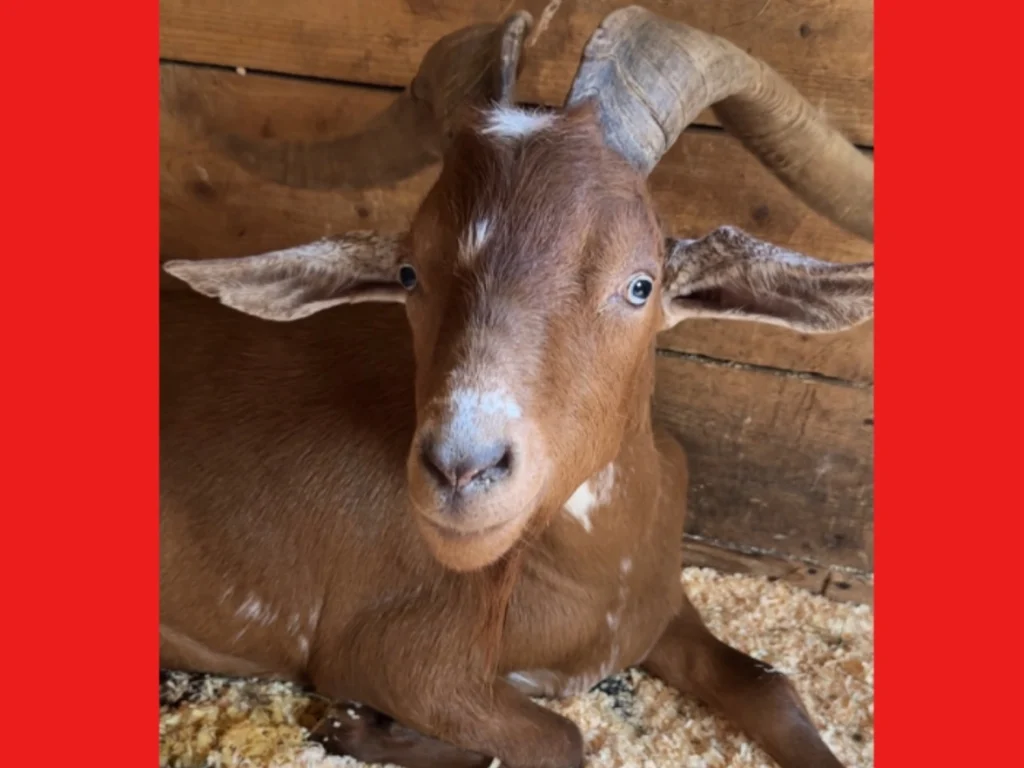The Three Stages of Ramadan
Written by Sneh Chaudhry on March 22, 2024

Ramadan is a month of fasting, reflection, devotion, generosity, and sacrifice observed by Muslims around the world. Over the centuries, Ramadan has retained its passionate spiritual meaning.

The word “Ramadan” comes from the Arabic word for “Parched Thirst” and “Sun-Baked Ground.” It is meaningful of the hunger and thirst felt by those who spend the month fasting and get the benefits from fasting. Ramadan is, by nature, a time of sacrifice.

Each year Muslims spend the ninth month of the Islamic calendar observing a community-wide fast. The fast of the month of Ramadan is considered one of the five pillars of Islam. Muslims who are physically able are required to fast each day of the entire month from dawn to sunset. The month of Ramadan lasts 29 to 30 days, depending on moon sighting, and according to narration, Allah Almighty divides the Holy month of Ramadan into three Stages that are known as the ‘Ashra’ of Ramadan.
Ashra of Ramadan
- The first part reflects the Mercy of Allah (Rehmah)
- The second part reflects the Forgiveness of Allah (Maghfirah)
- The third part reflects Safety from Hell (Nijat)
The Holy Prophet Muhammad ﷺ said: It (Ramadan) is the month, whose beginning is mercy, its middle, forgiveness and its end, emancipation from the fire (of hell).

The month of Ramadan is full of blessings, mercy, and forgiveness. It’s the best opportunity for all Muslims to collect more blessings from Allah, pray for forgiveness and be saved from the torment on the day of judgment.
First Ashra of Ramadan – Mercy
The first ten days of Ramadan are the days of Mercy and blessing and every Muslim must seek the Mercy and Blessings of Almighty Allah.
Dua for the first Ashra is:
وَقُل رَّبِّ اغْفِرْ وَارْحَمْ وَأَنتَ خَيْرُ الرَّاحِمِينَ
Translation: “O! My Lord forgives and have Mercy and You are the Best of Merciful” [Quran 23:118]
Second Ashra of Ramadan – Forgiveness
The second ten days of Ramadan day 11th to day 20th consists of the Ashra of forgiveness. Muslims must seek the forgiveness of Allah Almighty and regret for all their mistakes.
Dua for second Ashra is:
أسْتَغْفِرُ اللهَ رَبي مِنْ كُلِ ذَنبٍ وَأتُوبُ إلَيهِ
Translation: “I ask forgiveness of my sins from Allah who is my Lord and I turn towards Him.”
Third Ashra of Ramadan – Safety
Third Ashra starts on the 21st of Ramadan and ends 29th or 30th of Ramadan, according to the moon. Third Ashra is known as Safety from Hell (Nijat). Every Muslim must pray to be safe from Hellfire. The Last Ashra is very important and superior. In this Ashra, the Night of Power (Lailatul Qadar) also falls, and many Muslims also practice Aitkaf (seclusion for prayers) in this Ashra and try to maximize their prayers.
As stated in Quran:
“We sent it (Quran) down on a blessed Night. Verily, We are ever warning. Therein (in that Night) is decreed every matter of ordainment. Amran (i.e. a command or this Quran or His Decree of every matter) from Us. Verily, We are ever sending (the Messenger) (As) a Mercy from your Lord.” [Quran 44: 3-6]
Dua of third Ashra is:
ﺍﻟﻠﻬﻢ ﺃﺟﺮﻧﺎ ﻣﻦ ﺍﻟﻨﺎﺭ
Translation: “O Allah, save me from the fire of Hell“
Note:
1: The Hadith mentioned above “.. (Ramadan) is the month, whose beginning is mercy, its middle, forgiveness and its end, emancipation from the fire (of hell)” is based on a saying of Salman RA and was narrated by Ibn Khuzaymah in his Hadith collection. He said in the chapter on the virtues of the month of Ramadhan:
‘Ali ibn Hijr al-Sa’di told us, Yoosuf ibn Ziyad told us, Humam ibn Yahya told us, from ‘Ali ibn Zayd ibn Jad’an, from Sa’eed ibn al-Musayyab, from Salman (may Allah be pleased with them) who said:
The Messenger of Allah ﷺ addressed us on the last day of Sha’ban and said: “O people, there has come to you a great month, a blessed month, a month in which there is a night that is better than a thousand months. Allah has made fasting obligatory and spending its nights in prayer a voluntary act. Whoever draws close (to Allah) during it by doing a good deed will be like one who did an obligatory deed in any other month, and the one who does an obligatory deed in it will be like one who did seventy obligatory deeds in any other month. It is the month of patience, and the reward of patience is Paradise. It is the month of helping others. It is a month in which the believer’s provision is increased. Whoever gives a fasting person food with which to break his fast will have his sins forgiven, and he will be ransomed from the Fire. He will have a reward like the fasting persons’ without it detracting from his reward in the slightest.”

It is a month, the beginning of which is mercy, the middle of which is forgiveness, and the end of which is ransom from the Fire. Allah will forgive the one who reduces the burden for his slave, and He will ransom him from the Fire. So do a lot of four good deeds during it, two with which you will please your Lord and two with which you cannot do without. As for the two good deeds with which you will please your Lord, they are bearing witness that there is no god except Allah and seeking His forgiveness. As for those whom you cannot do without, they are asking Allah for Paradise and seeking refuge with Him from Hell. Whoever feeds a fasting person until he is full, Allah will give him to drink from my Cistern, a drink after which he will not thirst again until he enters Paradise.”
Its isnad (chain of narration) includes ‘Ali ibn Zayd ibn Jad’an, who is da’eef (weak) because of his bad memory. Its isnad also includes Yoosuf ibn Ziyad al-Basri, whose hadeeth is ‘munkar’ (rejected). It also includes Humam ibn Yahya ibn Dinar al-‘Awadi, concerning whom Ibn Hajar said in al-Taqreeb: He is trustworthy, but he may make mistakes.
Based on this, the hadeeth with this isnad is not false, but it is weak. However, many of the virtues of Ramadhan noted in this Hadith are noted in other saheeh ahadeeth (authentic narrations).
And Allah knows best.
Reference: IslamQA.info – Standing Committee for Academic Research and Issuing Fatwas -Fatawa al-Lajnah al-Daimah li’l-Buhooth al-‘Ilmiyyah wa’l-Ifta (10/84-85).







